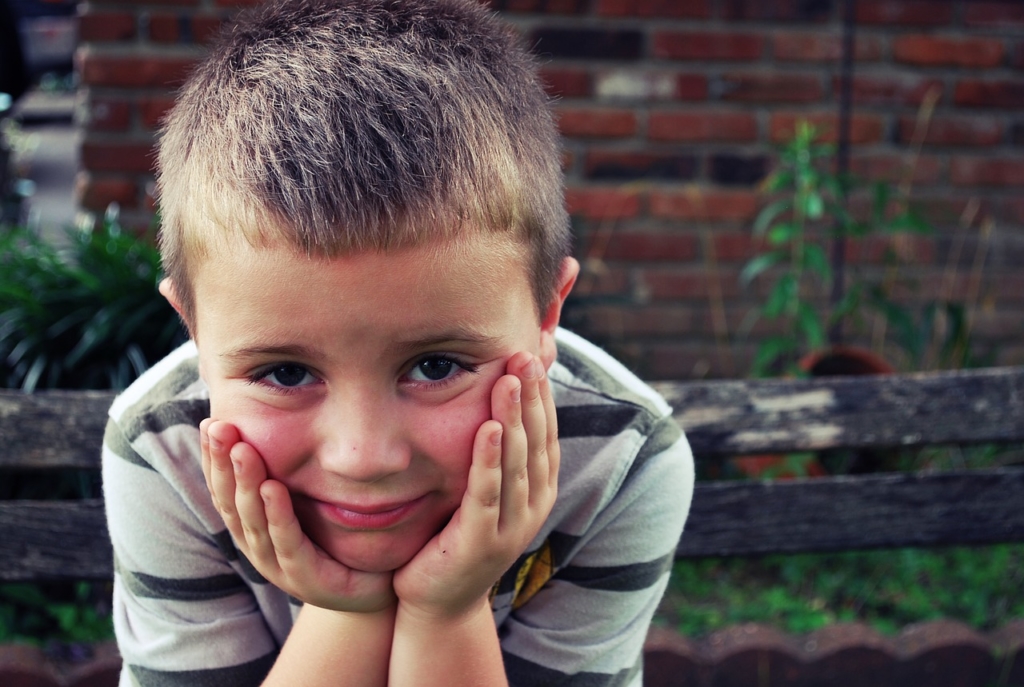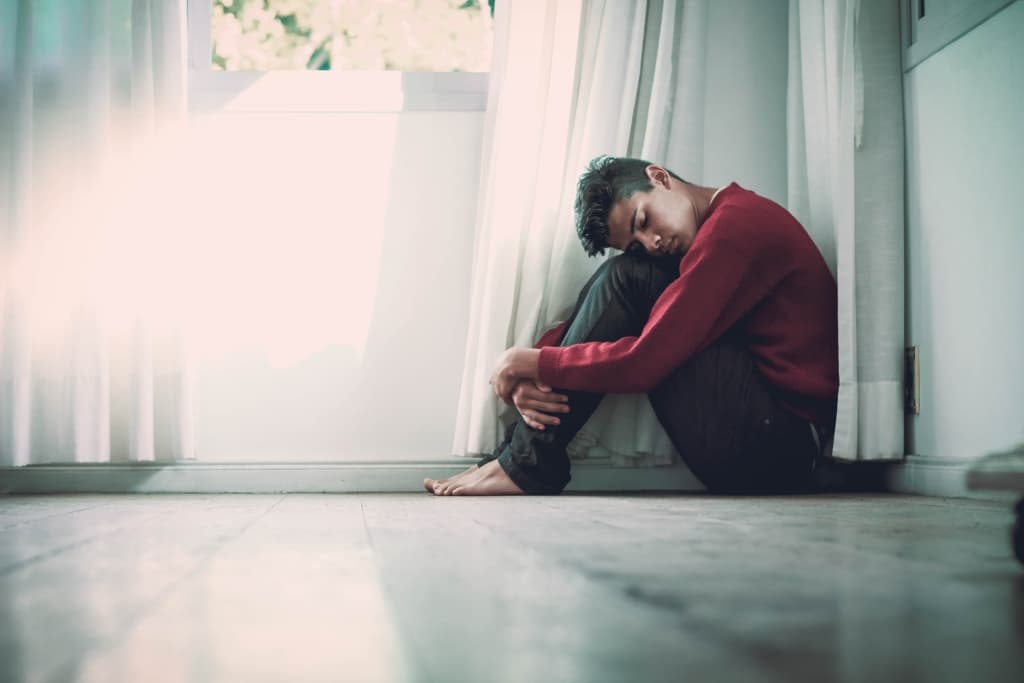Anxiety is common in children and teens. But how do you help them squash their anxiety and feel in control again? ‘Hey Sigmund’ founder, Karen Young, explains.
Our children have important work to do. They are explorers, adventurers, dragon-slayers and magic-makers. During childhood and through their adolescence, they will discover who they are and establish their very important place in the world. They have everything inside them they need to do this, but they will need space, time, the freedom to be, and the freedom to get it wrong sometimes.
For too many children, anxiety will be bigger than it deserves to be. Anxiety is the work of a strong, healthy brain doing what strong healthy brains are meant to do – warn us of danger and keep us safe. Anxious brains do this beautifully, but sometimes a little too much or a little too unnecessarily. This is when anxiety can become a problem.
Anxiety can come with many symptoms, including a racey heart, sick tummy, clammy skin, tense muscles, and worrying thoughts.
These symptoms can feel awful, but they have a good reason for being there. Understanding how anxiety works and where it comes from is an important part of turning anxiety around.

Children are powerful when we empower them, and the right information is key.
Anxiety comes from a part of the brain called the amygdala. It’s like a fierce warrior, there to keep us safe. When it senses something that might be a threat, it surges the body with a powerful neurochemical cocktail to make us stronger, faster, more powerful, so we can fight for our lives or run for it. The risk of judgement, humiliation, exclusion, failure, criticism, separation from a loved person – all count as threat, however unlikely they might be.
Anxiety has a sneaky way of tilting the focus to the negative, so an important part of strengthening children against anxiety is helping that see that anxiety is a warning, not a stop sign. It is their strong, magnificent brain trying to protect them, but at a time they don’t need protecting.

Anxiety and courage always exist together, so it’s important for children to realise that they don’t need to wait for anxiety to go away to be brave. They can feel anxious, and get the job done.
Our job as parents isn’t to lift our children over every challenge, but to give them the skills and qualities to do that for themselves. Nurturing strong mental health will strengthen all children from the inside out, and give them the foundations to deal with anxiety, face challenges, and move through life with courage and resilience.
Here are some powerful, ways to strengthen your Child’s brain against anxiety:
Leave plenty of time for free play
Children need to play! Food, water, love, play. It’s that important.
Research has found that the more playful children are, the greater their ability to cope. During play, they have the opportunity to experiment with real life, explore their physical limits, friendships, and emotions, but in ways that feel safe for them. They can put themselves in situations that push them right up against their edges, but with the inbuilt safety net of knowing they can pull back whenever they need to.
Play is how children practise being brave. It’s how they learn that sometimes, things won’t go to plan, but there will often be another way to get to where they’re going. It’s how they learn – through experience – that even if things don’t go to plan they will be okay, and sometimes, maybe even better than okay.
Encourage a regular mindfulness practice
Mindfulness creates structural and functional changes in the brain that strengthen it against anxiety. It also promotes better sleep, builds attention, focus, kindness, and the capacity to deal with big feelings.
There are many ways to practice mindfulness, including some great apps (such as Smiling Mind), but at its most basic it involves focusing on one thing at a time in the moment, whether it’s eating, walking, breathing, or their senses generally (what can they feel against their skin, taste, hear, smell).
Let them talk
Anything we can do to show our children that we’re there to listen to them, and that we can cope with anything they feel or say, will be powerful. It can be tempting to talk more than we listen, or to feel as though we need to ‘fix’ things for them. The truth is we don’t need to fix anything and there is often more magic in giving them the space to discover the answers for themselves.
They are the experts of how they feel and what they need, and you are the safest place in the world for them to explore this.
Exercise
Exercise is the wonder-drug-but-not-a-drug of the mental health world. It changes the structure and function of the brain in ways that strengthen it against stress and anxiety. In the same way exercise helps keep our bodies strong, it also helps keep our brain and mental health strong.
All children have greatness in them but when anxiety hits, it can steal them for a while. When we strengthen their mental health, we strengthen the armour that will help protect them from stress, anxiety, and a world that can have too many hard edges sometimes.
Strong mental health will also fuel healthier relationships, a greater capacity to learn and deal with challenges, and a richer way of responding to the world.
Karen Young has worked as a psychologist in private practice and in educational and organisational settings. Karen founded the popular website, Hey Sigmund, and a sought-after speaker. Recently, she published ‘Hey Warrior’, a book for kids to help them understand anxiety and find their ‘brave’. The book has now been translated into a number of languages.
Subscribe to Wesley College News & Events